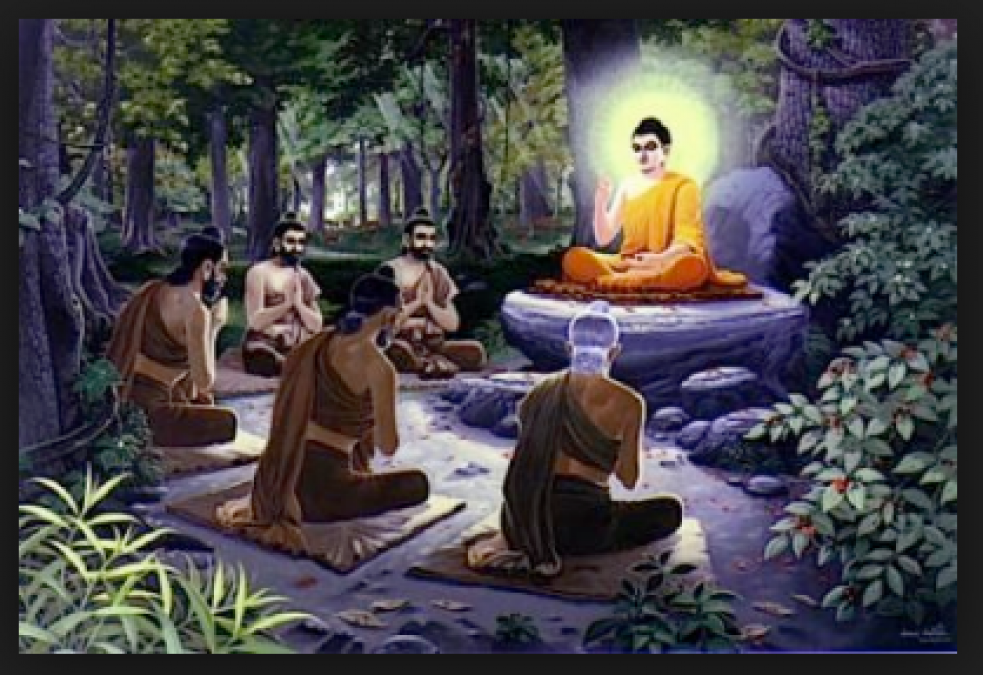
Anger (including all forms of aversion) is one of the three poisons—the other two are greed (including clinging and attachment) and ignorance—that are the primary causes of the cycle of samsara and rebirth. Purifying ourselves of anger is essential to Buddhist practice. Furthermore, in Buddhism, there is no such thing as “righteous” or “justifiable” anger. All anger is a fetter to realization.
The one exception to seeing anger as a hindrance to realization is found in the extreme mystical branches of Tantric Buddhism, where anger and other passions are used as energy to fuel enlightenment; or in Dzogchen or Mahamudra practice, where all such passions are seen as empty manifestations of the mind's luminosity. However, these are difficult, esoteric disciplines that are not where most of us practice.
Yet despite the recognition that anger is a hindrance, even highly realized masters admit they sometimes get angry. This means that for most of us, not getting angry is not a realistic option. We will get angry. What then do we do with our anger?
First, Admit You Are Angry
This may sound silly, but how many times have you met someone who clearly was angry, but who insisted he was not? For some reason, some people resist admitting to themselves that they are angry. This is not skillful. You can’t very well deal with something that you won’t admit is there.
also read Buddha Purnima 2019: Know why and how it is being celebrated
Buddhism teaches mindfulness. Being mindful of ourselves is part of that. When an unpleasant emotion or thought arises, do not suppress it, run away from it, or deny it. Instead, observe it and fully acknowledge it. Being deeply honest with yourself about yourself is essential to Buddhism.
Anger is unpleasant but seductive. In this interview with Bill Moyer, Pema Chodron says that anger has a hook. “There's something delicious about finding fault with something,” she said. Especially when our egos are involved (which is nearly always the case), we may protect our anger. We justify it and even feed it."
Buddhism teaches that anger is never justified, however. Our practice is to cultivate Metta, a loving-kindness toward all beings that is free of selfish attachment. “All beings” includes the guy who just cut you off at the exit ramp, the co-worker who takes credit for your ideas, and even someone close and trusted who betrays you. For this reason, when we become angry we must take great care not to act on our anger to hurt others. We must also take care not to hang on to our anger and give it a place to live and grow. In the final measure, anger is unpleasant to ourselves, and our best solution is to surrender it.
also read Do you know these facts about offering Prasadam to God? Know here